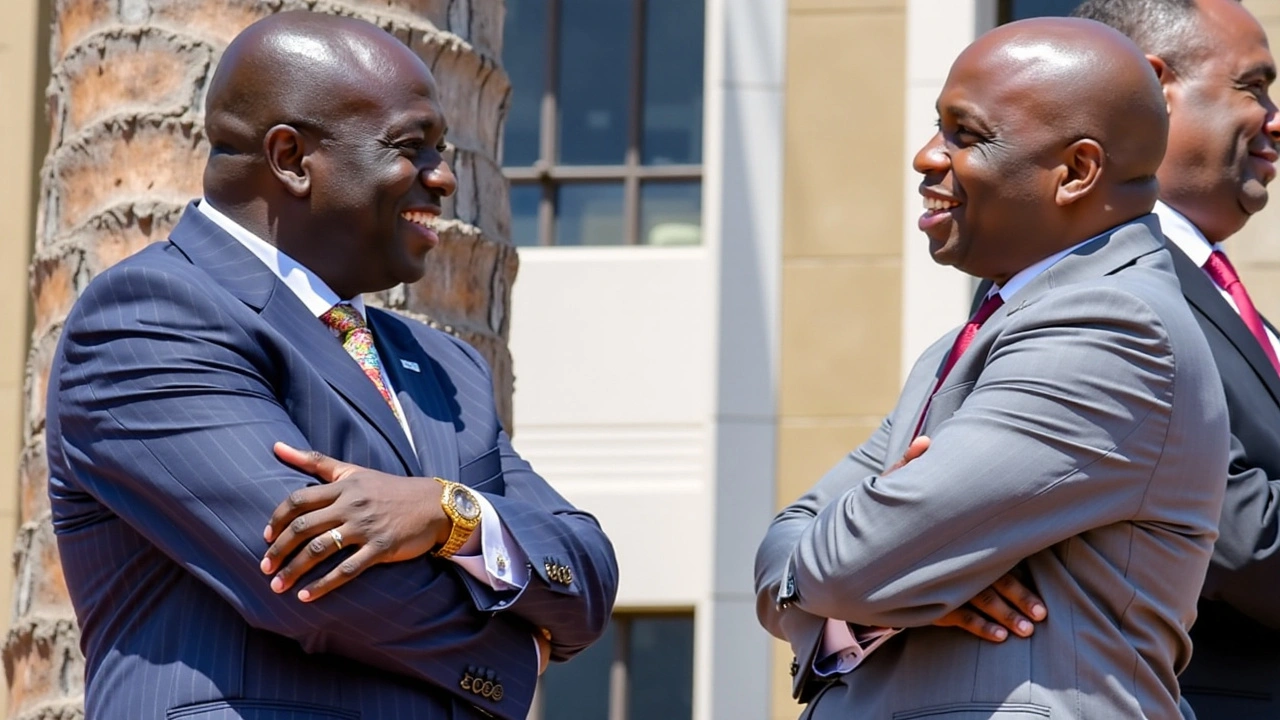Constitutional Questions: What They Mean for You
Constitutional questions shape who holds power, how meetings of state run, and what rights you can expect. When a headline names a judge, a chief justice, or a government body, that story often hides a bigger issue about the constitution — who checks whom, and who enforces the rules.
How to read a constitutional story
Start by spotting the core issue: is it about judicial independence, separation of powers, human rights, or electoral rules? For example, when Chief Justice Martha Koome’s security detail was reportedly withdrawn, that raised a clear constitutional question: does the executive have the power to weaken judicial protection? And when Judge Selby Mbenenge faced a Judicial Conduct Tribunal, the debate moved to courtroom ethics and how judges are held accountable under constitutional rules.
Ask four quick questions: 1) Which constitutional power is at stake? 2) Who benefits if the change stands? 3) Is there a legal process being used or bypassed? 4) What remedy could a court or legislature provide? Those questions help you separate political spin from real legal risk.
Why this matters now
Constitutional disputes change everyday life. Missing public funds, like the ICPC probe into student loan disbursements, isn’t just a budget story — it tests whether institutions meant to enforce the constitution can do their job. If oversight bodies are weak, corruption goes unpunished and rights, like the right to education, suffer.
Watch how institutions react. A strong response — transparent investigations, open hearings, timely rulings — usually restores confidence. Delays, secret deals, or pressure on judges signal a deeper problem. That’s why following court calendars, tribunal reports, and official statements matters more than headlines alone.
Want to follow and act? Here are simple, concrete steps you can take:
- Follow court dockets and tribunal dates for high-profile cases.
- Read official judgments or summaries — they show reasoning and how laws will apply from now on.
- Contact your local representative when a policy seems to skirt constitutional checks.
- Support watchdog groups that bring transparency and file public interest cases.
- Share reliable coverage, not hot takes; link to court documents or trusted outlets.
Constitutional questions are technical, but their effects are not. When judges, security arrangements, or watchdogs are in the news, think about the power balance and what changes might follow. That gives you a clearer view of what’s at stake — and what you can do about it.
We’ll keep tracking cases, tribunals, and investigations that raise constitutional questions so you know what matters and how it could affect rights, governance, and public resources.
Eric Theuri Unveils Key Legislative Gaps in Deputy President Impeachment Process
As the Kenyan Senate recently voted to approve the impeachment of Deputy President Rigathi Gachagua, legal complications ensued, showcasing the legislative and constitutional challenges inherent in such processes. Former Law Society of Kenya President Eric Theuri points to significant gaps in the legislative framework, highlighting critical areas that demand attention. These developments prompt serious questions about the constitutionality and effectiveness of the current system.
